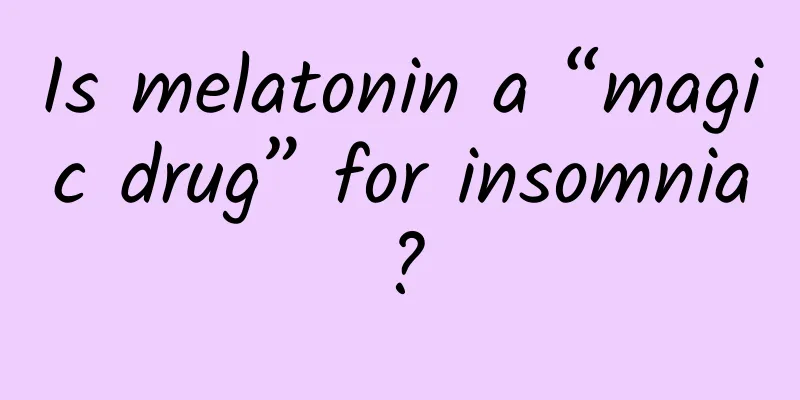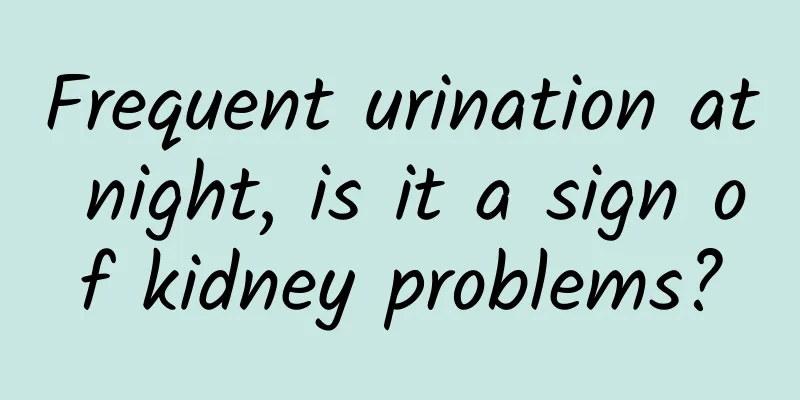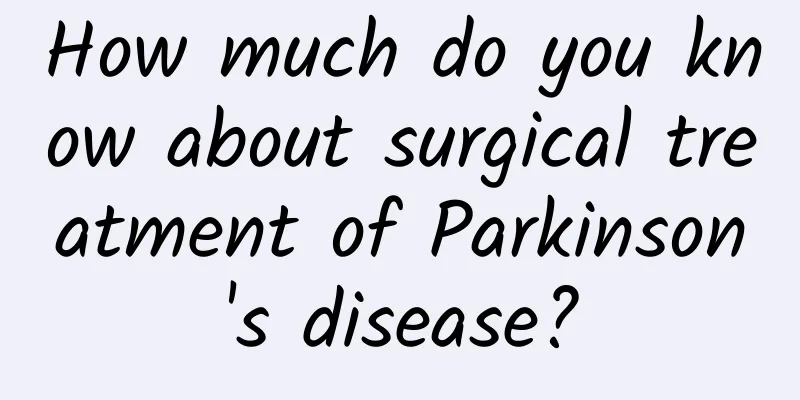Is melatonin a “magic drug” for insomnia?

|
Author: Zhang Yan, deputy chief physician, Peking University Third Hospital Reviewer: Fan Dongsheng, Chief Physician, Peking University Third Hospital Insomnia is a common clinical problem. It not only affects our daily life and work, but also causes certain damage to our physical and mental health. So, how to effectively solve the problem of insomnia? In recent years, melatonin has been used to treat insomnia. So, what exactly is melatonin? And why can it treat insomnia? Figure 1 Copyright image, no permission to reprint The natural melatonin in the human body is a hormone synthesized by the pineal gland using tryptophan. It is secreted into the blood and cerebrospinal fluid and participates in regulating the sleep-wake cycle. It has a significant circadian rhythm, and the plasma concentration of melatonin at night is at least 10 times that of the daytime concentration. Melatonin secreted at night helps induce and maintain sleep. The secretion of melatonin in the human body may change with age, starting from 3 to 4 months after birth. The nighttime concentration reaches its highest value at 1 to 3 years old, and then begins to slowly decline to a plateau in early adulthood. It will then continue to decline, and by the age of 70, the peak concentration of melatonin at night may be less than 1/4 of the peak value in youth. Figure 2 Copyright image, no permission to reprint Since the nocturnal plasma melatonin concentration decreases with age, many elderly people will experience age-related insomnia (such as waking up easily at night and decreased sleep efficiency). For this group of people, the dose of melatonin supplementation should just make up for the age-related decrease in secretion, which can help improve sleep. The "Guidelines for the Diagnosis and Treatment of Insomnia in Adults in China" points out that melatonin sustained-release tablets can improve the sleep quality of insomnia patients over 55 years old. Exogenous melatonin can not only promote falling asleep and maintaining sleep, but also regulate the circadian rhythm phase (including the rhythm of melatonin itself), which can be induced by physiological doses, that is, 0.1-0.3 mg promotes sleep, and 0.3-0.5 mg regulates the circadian rhythm phase. Melatonin preparations are not regulated in many countries and are generally regarded as "dietary supplements" and can be purchased at will without prescription, resulting in their frequent overdose. Taking melatonin preparations in large doses can cause plasma melatonin concentrations to exceed physiological concentrations, causing brain melatonin receptor desensitization, that is, after being exposed to hormones exceeding normal concentrations, their activity decreases significantly, which can be seen in insomniacs who use large doses of melatonin for a long time to improve sleep quality. The normal melatonin circadian rhythm can also be changed. Therefore, it is recommended that elderly patients use lower melatonin doses that are close to physiological doses. Melatonin concentrations exceeding physiological concentrations can cause daytime sleepiness, physical and mental impairment, hypothermia, and hyperprolactinemia. The current clinical applications of melatonin include the treatment of age-related insomnia, improvement of sleep-wake disorders caused by jet lag, sleep-wake phase delay disorders and other circadian rhythm disorders, as well as shift work-related reactions. Adverse reactions of melatonin include headache, confusion and sleep fragmentation. Therefore, it is recommended to use a lower, physiological dose (0.1-0.5 mg) of melatonin to treat insomnia and improve jet lag. However, melatonin should not be abused to avoid adverse reactions. Figure 3 Copyright image, no permission to reprint Insomnia is a symptom caused by multiple factors, which requires us to consider comprehensively, combine our own situation, and adopt multiple methods to treat it. |
<<: Understand the risks of HPV infection and learn how to protect yourself
>>: Be careful! Genital Chlamydia trachomatis infection may "make a comeback"
Recommend
Doctors from Peking Union Medical College say: Sneezing, tears, coughing...are you still mistaking allergies for a cold?
Spring is the best time of the year, but many peo...
What kind of tea can cure gynecological diseases
With the improvement of living standards, people ...
Endometrial thickness changes
With the improvement of women's status, more ...
Can I eat dandelions while breastfeeding?
Breastfeeding mothers have relatively weak immuni...
Morning sickness is actually fetal arrest
Women will have a lot of concerns after they beco...
Hot discussion among netizens! Is oxygen inhalation more refreshing than drinking coffee? Experts say so →
gossip: Using an oxygen concentrator or oxygen ta...
Causes of lumbar disc herniation in pregnant women
I believe everyone is familiar with the symptoms ...
How many days after pregnancy can you use test strips to detect
As long as we have sex, there is a possibility of...
What does leucorrhea from pelvic inflammatory disease look like?
Most gynecological diseases can cause abnormal va...
What is the situation when a virgin does not bleed?
Because women have a hymen, they will experience ...
Can I have a baby if I have AIDS?
There was a saying in ancient times that there ar...
What causes vaginal bleeding after sex?
I believe everyone is familiar with the situation...
Can women brush their teeth during confinement?
The traditional way of confinement is that you ca...
Can the spots during pregnancy be eliminated?
The pursuit of beauty is the common trait of all ...









